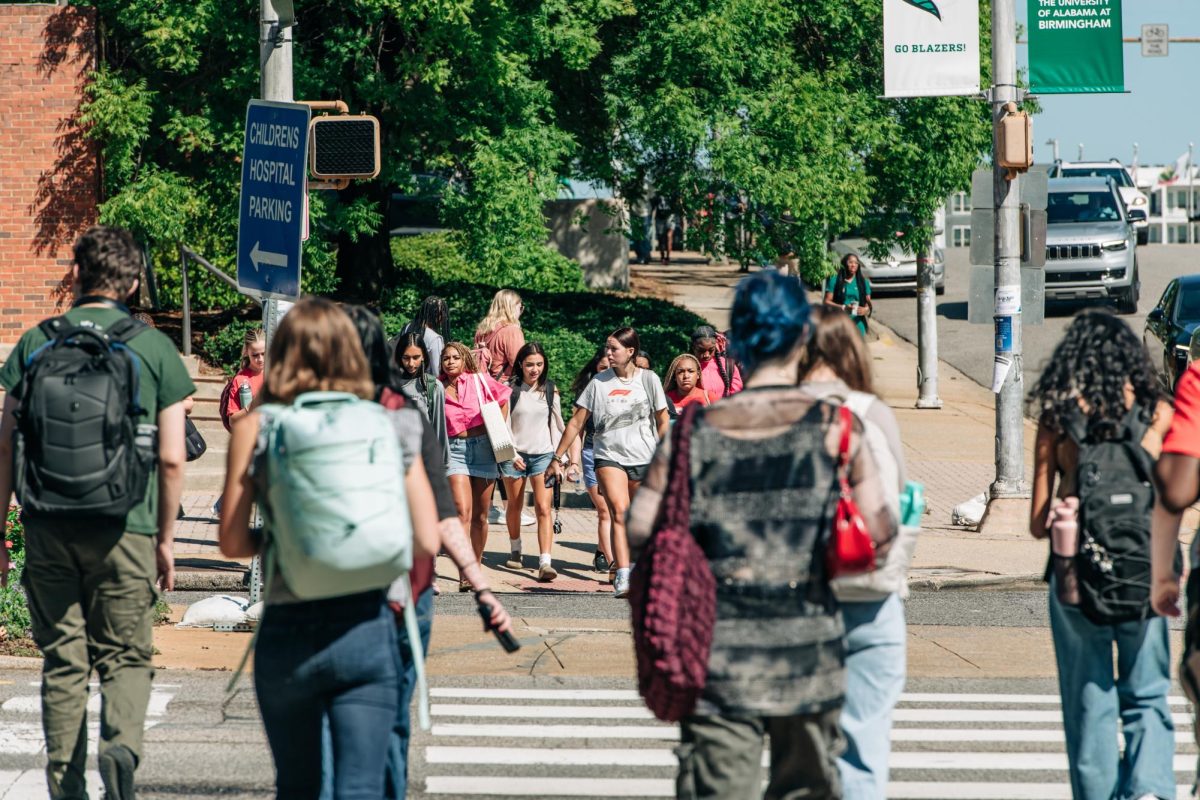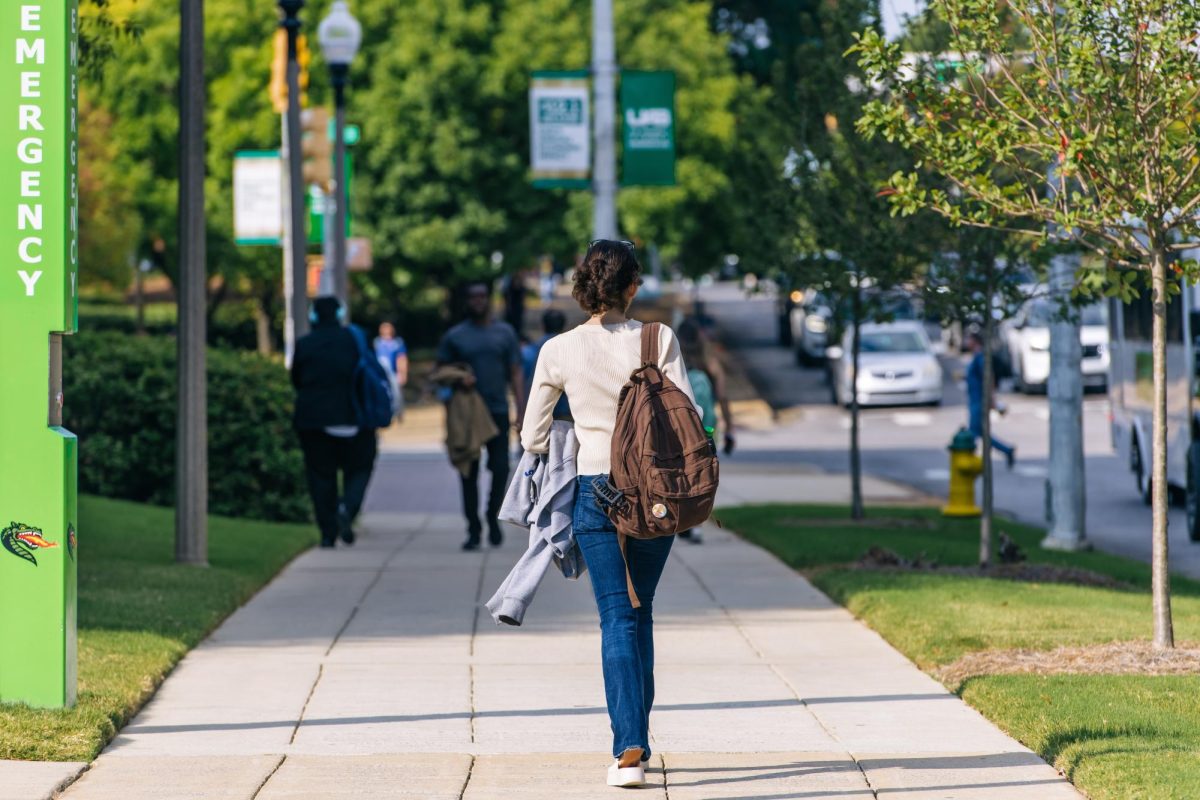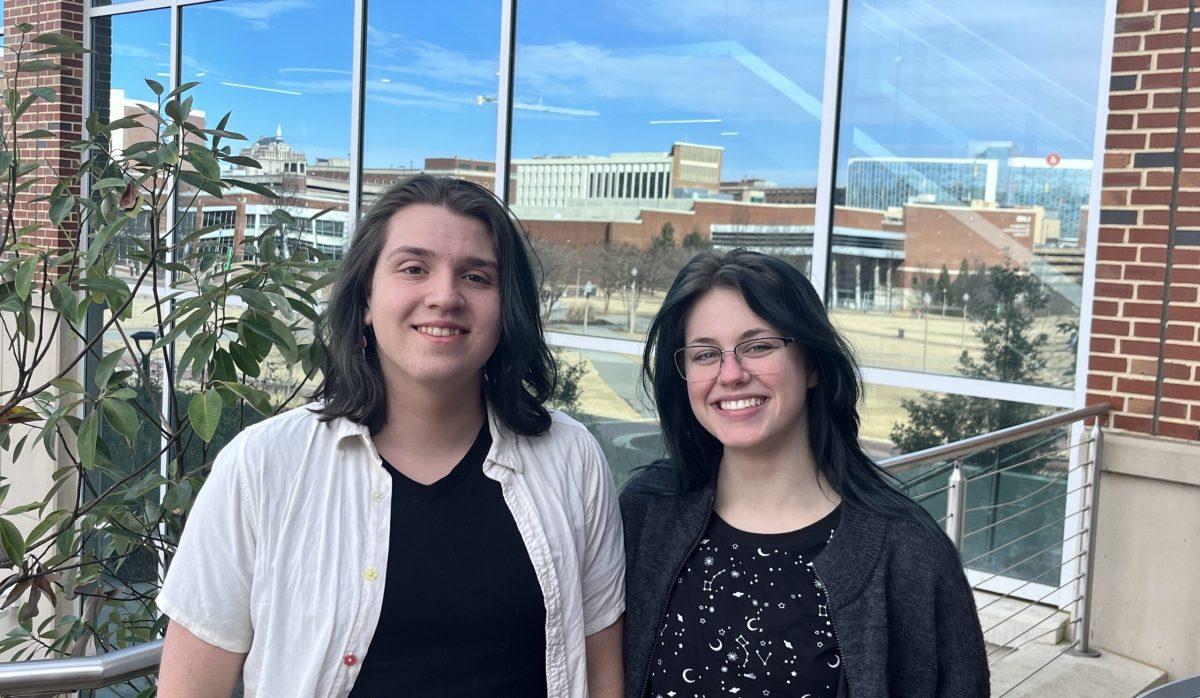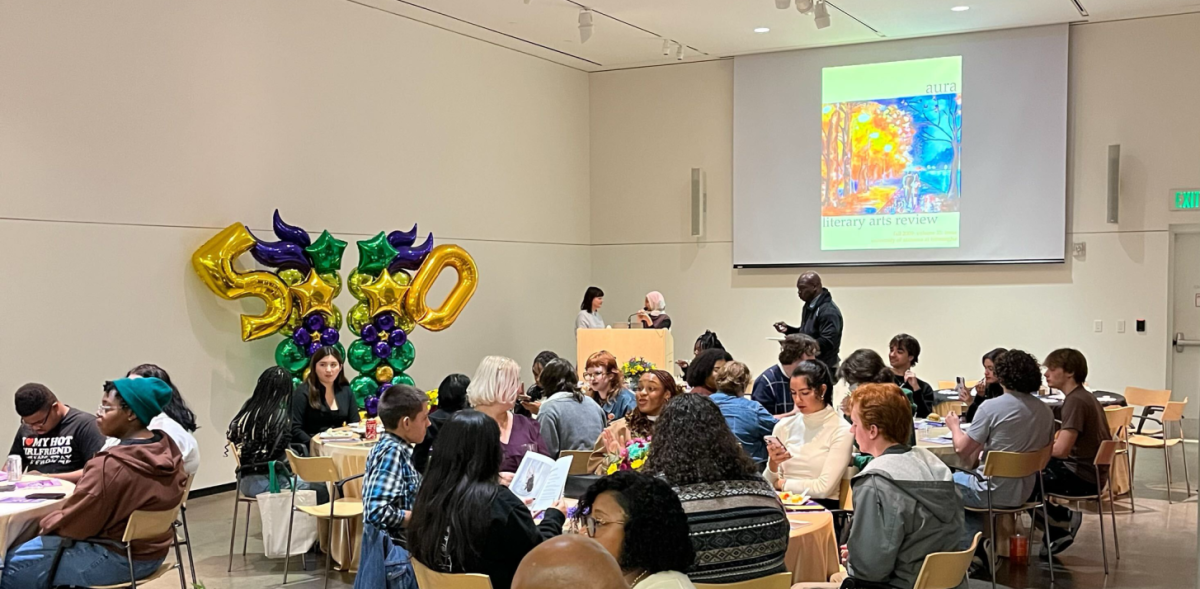The University of Alabama at Birmingham’s Office of Student Conduct and Accountability has updated its code, seeing an increase in the complexity of its cases.
Case trends remain in line with past academic years, with September and October displaying the highest numbers, said Shawra Rainer, director of Community Standards and Student Accountability. The office is focused on the “restorative process,” streamlining procedures for students and expanding grace through its updated Medical Amnesty policy, which now includes alcohol and other drugs.
Rainer described the system used for tracking cases.
“We have a database called Maxient that the Office of Student Accountability puts their information into, so every student at the university—if you ever go through a conduct process, academic integrity, or something in housing—we can kind of keep track of what’s going on with the students,” Rainer said.
By classifying cases on a case-by-case basis, more cases this year are going through an informal process, Rainer said. The Office of Student Accountability focuses on rectifying run-ins with students through conflict resolution and workshops. To reduce barriers and connect students with the resources they need, the office involves student representatives who serve on the code and review committee, which affects annual or need-based updates to the student conduct code.
Rainer also outlined how the office handles cases involving Medical Amnesty.
“Now, will we still reach out to that student? Will we still educate that student? Yes, but it doesn’t go on your disciplinary record,” Rainer said.
The Office of Student Accountability emphasizes empowering students through conflict resolution while addressing the growing complexity of cases. Rainer said collaboration with UAB Housing and Wellness Promotion is key in handling these cases, offering more resources and workshops to support affected students.
After speaking with students on campus, many said student conduct has remained mostly relaxed yet balanced.
“The uptick in cases during the fall could be attributed to multiple factors—midterms, campus events, homecoming, citywide activities and events at nearby colleges,” said India Saxton, a senior majoring in English and minoring in communication management.
“Football games and new students adjusting to campus life could also play a role,” said Kaitlyn Ross, a junior majoring in cancer biology.
“I haven’t seen anything in particular on campus that could be contributing to it,” said Wesley Barlow, a junior majoring in education.
As the semester continues, the Office of Student Accountability plans to keep refining its restorative approach, aiming to balance accountability with compassion and ensure students learn from their experiences rather than be defined by them.





































